Have you ever suffered from dry mouth? Even if you didn’t realize it, chances are, you have. According to the American Dental Association, up to 64.8 percent of people have this condition, whose technical name is xerostomia. Despite being widespread, many don’t realize that dry mouth is even a concern, so they don’t spot their symptoms or take them very seriously. This is unfortunate, because dry mouth can have a major effect on your oral health. Your saliva serves as a natural mouthwash and contains cavity-fighting enzymes, so if your mouth becomes dehydrated, your risk of contracting all types of dental disorders increases.
At Dr. Craig Armstrong’s Houston dental practice, we frequently assist patients with dry mouth. In many cases, just knowing about this condition and how it works can help solve the issue. The more you understand about dry mouth, the easier you can treat it or even avoid it altogether. In the following blog, we go over the top five causes of dry mouth so you can keep your smile hydrated and healthy.
#1: Dehydration
This may seem obvious, but not drinking enough water can definitely lead to dry mouth, as can other dehydrating behaviors, such as caffeine or alcohol consumption, eating salty foods, and excessive sweating. NHS UK explains: “A dry mouth can occur when the salivary glands in your mouth don’t produce enough saliva. This is often the result of dehydration, which means you don’t have enough fluid in your body to produce the saliva you need.” If you want to ward off dry mouth, make sure to drink plenty of water and avoid dehydrating activities.
#2: Certain Medical Treatments
Many prescriptions and treatments can interfere with your salivation and thus cause dry mouth. According to Mayo Clinic, “hundreds of medications, including many over-the-counter drugs, produce dry mouth as a side effect.” Chemotherapy and radiation are also known to cause dry mouth. If you’re suffering from xerostomia symptoms, you might want to check in with your doctor about alternative treatment options.
#3: Tobacco Use
There are many ways in which tobacco can harm your mouth, and dry mouth is one of them. Smoking and chewing tobacco, in particular, can reduce your salivary flow. The resulting dry mouth and other factors from tobacco use can also increase your risk for oral cancer. In addition to treating dry mouth, Dr. Armstrong performs oral cancer screenings for our patients.
#4: Aging
Getting older has a number of downsides, and it turns out that dry mouth is one of them. Mayo Clinic notes: “many older people experience dry mouth as they age. Contributing factors include the use of certain medications, changes in the body’s ability to process medication, inadequate nutrition, and having long-term health problems.” With each passing year, you need to take even better care of your mouth, and this includes keeping it properly hydrated.
#5: Other Medical Issues
Another good reason to take dry mouth seriously is that this condition can be a symptom of other diseases. For example, NHS UK highlights “Sjogren’s syndrome—a condition where the immune system attacks and damages the salivary glands” as a key culprit for xerostomia. “Diabetes, stroke, yeast infection (thrush) in your mouth or Alzheimer’s disease,” can also play a part, according to Mayo Clinic. With this in mind, noticing and handling your dry mouth could help you maintain your overall well-being.
Do You Suffer From Dry Mouth?
Does your mouth feel dry? Is your saliva thickening? Do you have halitosis (bad breath)? You may have dry mouth. Fortunately, Dr. Armstrong and our team can help you identify the cause of your condition and treat it. Contact us today to schedule an appointment at our Houston dental practice!
Visit Our Office
Office Hours
- MON8:00 am - 6:00 pm
- TUE8:00 am - 6:00 pm
- WED8:00 am - 6:00 pm
- THU8:00 am - 6:00 pm
- FRIClosed
- SATClosed
- SUNClosed
10370 Richmond Ave. Ste 310,
Houston, TX
Phone : (832) 251-1234Text Us : (832) 251-1234






